Chris Jones
Entertainment Editor
Chris Jones, from Washington, Illinois, is the Mail Entertainment Editor covering Movies, Television, Books, and Music topics. He is the owner, writer, and editor of Overly Honest Reviews.
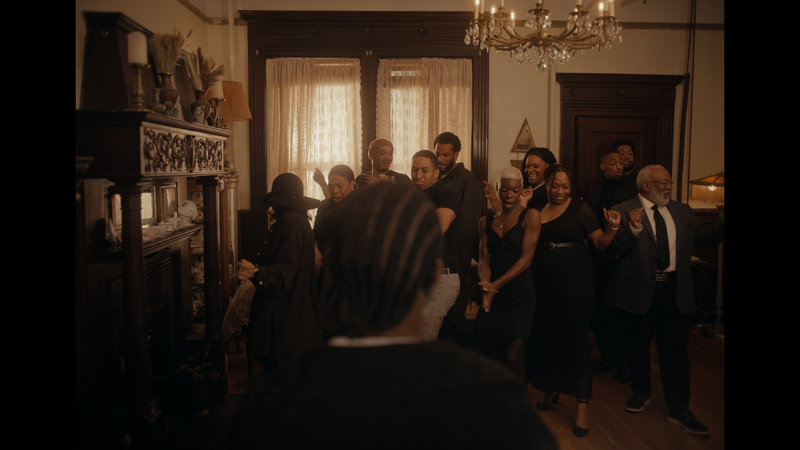
THEM THAT’S NOT starts inside a family gathering that feels familiar and immediately alienating. A moment like this should be communal and connective, a time when shared loss pulls people closer. Instead, writer/director Mekhai Lee frames it as a space thick with unspoken distance, emotional misalignment, and the calm violence of being unseen. The film’s power doesn’t come from dramatic confrontation but from the ache of coexistence, the way grief can feel isolating even when you’re surrounded by people who share your blood.
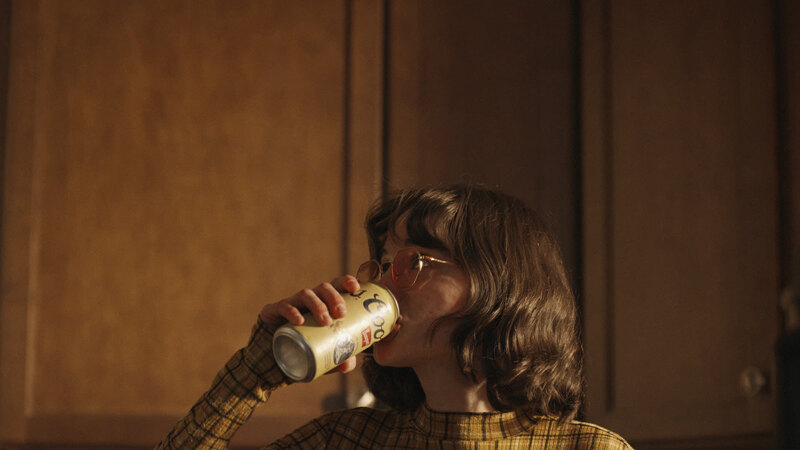
As a sidebar, I want to start this review by asking readers, if they haven’t seen the film, don’t read the review. I know that sounds wild, but I was lucky enough to go into this without knowing anything, and I think it truly enhanced the experience. ERUCTATION offers up a premise that sounds like a joke and then immediately dares you to laugh for the wrong reasons. On paper, a documentary about a woman attempting to break the world record for the loudest female burp feels tailor-made for satire, something disposable, maybe even condescending. What director Victoria Trow delivers instead is a tightly constructed, observed portrait of confidence, ambition, and self-acceptance that refuses to punch down on its subject or treat it as a joke.

There’s a particular kind of pressure that comes from being asked to perform grief the way others expect. DUA JI understands that pressure, and it never lets the audience forget how tightly it’s bound to gender, family, and inherited obligation. Set during the funeral of A-Hsien’s mother in rural Taiwan, the film isn’t interested in catharsis or confrontation in any conventional sense. Instead, it focuses on the strain of endurance, the exhaustion of compliance, and the quiet calculations that come with knowing exactly what’s expected of you, even when your heart is somewhere else.

JAPAN’S DON (YAKUZA SENSO: NIHON NO DON) opening sets the tone for the entire trilogy. This isn’t a saga interested in just gunfire or chaotic turf wars. It’s interested in leverage. In favors. In how power migrates from alleyways to boardrooms and back again. Screenwriters Koichi Iiboshi and Koji Takada adapted the themes and focus of the American GODFATHER films to fit Japanese yakuza culture.
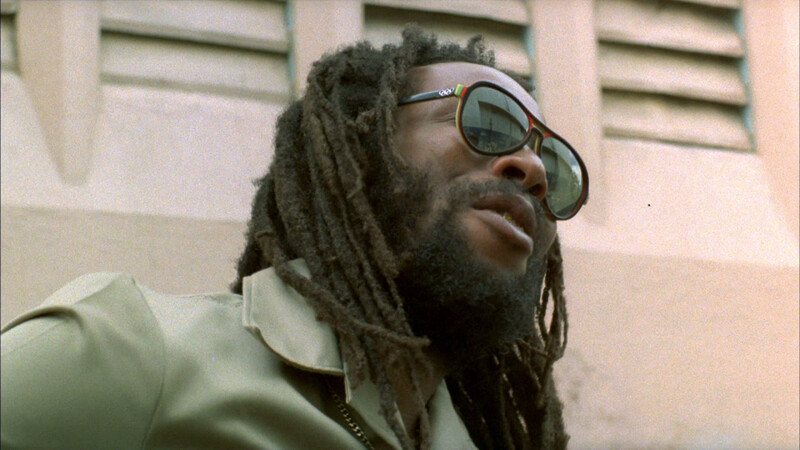
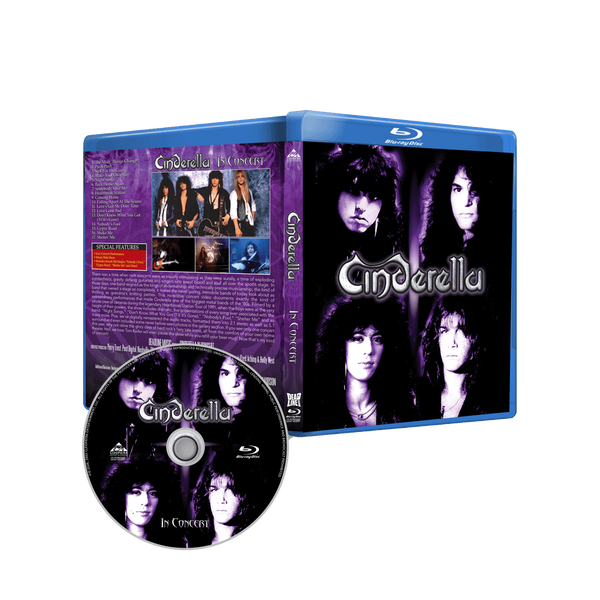
CINDERELLA – IN CONCERT captures a band doing exactly what it was built to do, playing loud and playing like it has something to prove. Filmed during the Heartbreak Station tour in 1991 and later edited into this concert film, the release functions less as a novelty and more as a document of a group operating at full force. This isn’t a behind-the-scenes profile or a career retrospective. It’s a straightforward performance showcase, and that restraint turns out to be one of its biggest strengths.
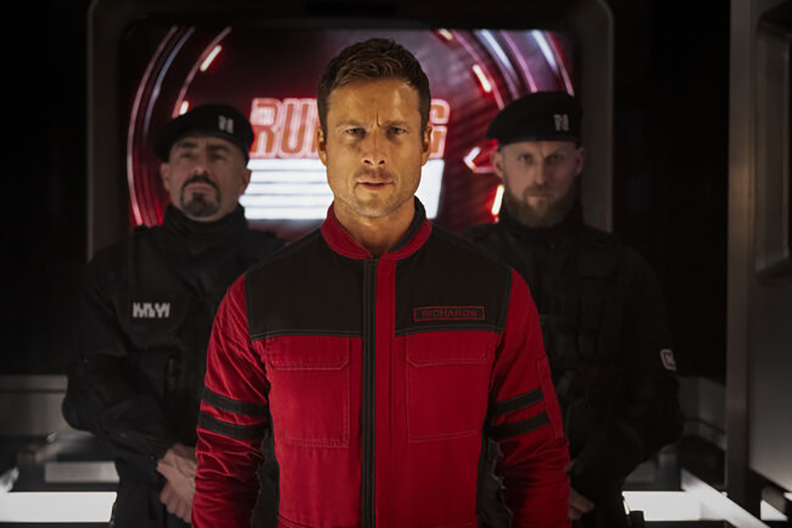
THE RUNNING MAN arrives with pre-set expectations baked into its DNA. It’s a remake, a Stephen King adaptation, and an Edgar Wright project, three things that almost demand radical reinvention and/or unapologetic excess. Instead, what this version delivers is something more cautious and more conflicted. It wants to modernize the premise, focus on the class commentary, and smooth out the pulp-cult vibes. Yet, it never fully commits to being as vicious, unhinged, or confrontational as its concept allows. The result is an entertaining, often thoughtful, but ultimately restrained dystopian thriller that feels like it’s holding something back.
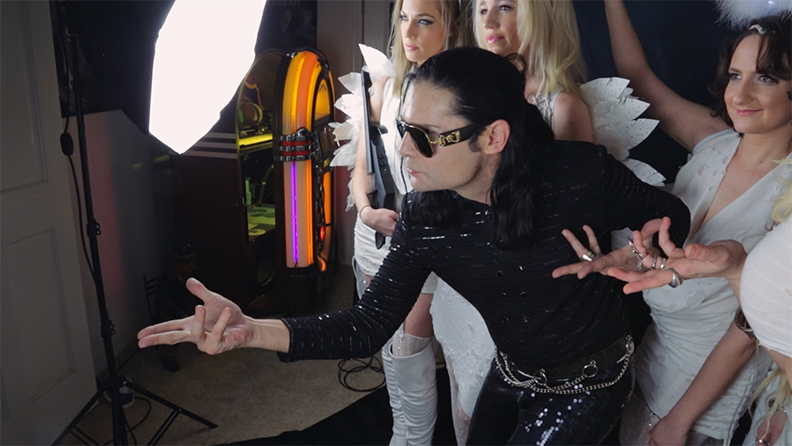
COREY FELDMAN VS. THE WORLD doesn’t force your hand in deciding who Corey Feldman is and what his legacy ultimately will be. It doesn’t ease you in, doesn’t soften the edges of its focus, and doesn’t check in to see if you’re comfortable. It places you inside a reality and leaves you there long enough for patterns to form on their own. That patience is its most defining quality, and also the reason it hits as hard as it does.

YOUNGBLOOD understands exactly what kind of movie it is. This modern reimagining of the 1986 cult hockey drama reframes the story through a more contemporary lens, placing less emphasis on swagger and more on consequence. Dean Youngblood is still a prodigy, still volatile, still gifted enough to make enemies before he ever earns trust. What’s different is how seriously the film examines the damage that kind of upbringing causes.

IMMUTABLE doesn’t pretend that debate is some offbeat extracurricular. It treats it like what it actually is for the students at its center, a core lifeline. By following participants in the Washington Urban Debate League over multiple seasons, the documentary positions debate not as an academic game but as a survival skill. These students aren’t just learning how to win arguments. They’re learning how to navigate systems that were never designed to work in their favor. From the outset, the film makes it clear that what’s at stake extends far beyond trophies or rankings.

Dolly Paige stars as the stepdaughter who gets caught trying to sneak back home at sunrise. The initial confrontation feels natural enough, with the stepdad catching her in a flimsy dress and a thong, calling her out on a night of partying. The dialogue is direct and pushes the narrative forward without wasting time. Dolly Paige does a good job of playing the part; she’s convincing as the slightly defiant, slightly nervous daughter trying to talk her way out of trouble. The stepdad’s aggressive tone establishes the power dynamic early, and it doesn’t let up.
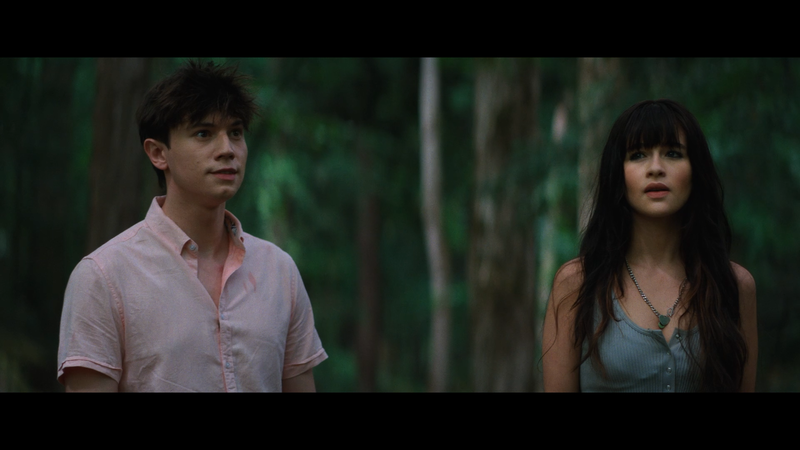
THE HERMIT wastes no time telling you exactly what kind of movie it wants to be. A remote cabin. Teenagers who’d rather be anywhere else. A gigantic cannibal pig farmer who doesn’t just kill, he processes. It’s blunt, stripped-down backwoods horror that leans into its own absurdity without quite tipping into parody. The central hook is obvious and deliberate: Lou Ferrigno stepping into full-on horror-villain territory. Ferrigno’s physical presence has always done most of the heavy lifting for him, and that’s exactly what this film understands. The Hermit isn’t meant to be psychologically complex. He’s meant to feel imposing, inevitable, and almost monstrous in a way that recalls older exploitation-era slashers. Ferrigno doesn’t overplay it. He moves slowly, deliberately, like a man who knows no one on screen can realistically overpower him. That confidence becomes character.
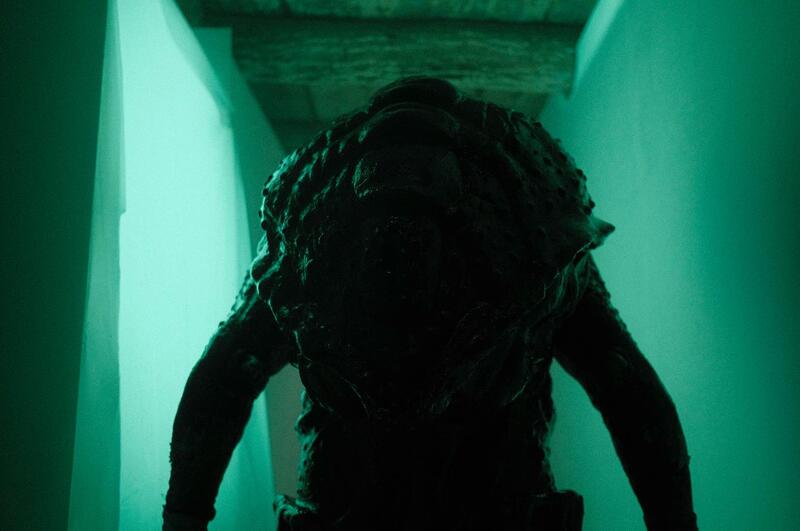
GOD OF FROGS is built around a simple, unpleasant idea: what if an ancient hunger didn’t just survive, but fed on time itself. Instead of anchoring itself in a single era or set of characters, the film spans decades, returning every 25 years to the same creature and the same cursed lineage. IT is an anthology horror film that wants its creature to feel inevitable rather than surprising, less a jump scare than a recurring infection that adapts to its surroundings.
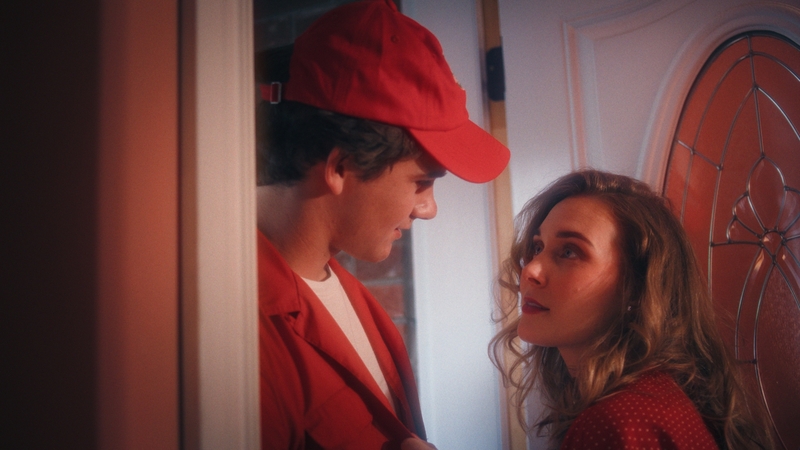
ALL IS FINE IN ’89 opens with a deceivingly comforting idea, one last high school party before the decade closes, before adulthood officially takes hold, before the outside world demands more than swagger and flirting in hallways. It shines with the aesthetics of late ’80s coming-of-age stories, but it doesn’t stay there. This isn’t a movie content to bask in nostalgia or the reassuring familiarity of its genre's classics. It’s a film about transition, about the exact moment when optimism starts to feel dishonest and pretending everything is fine becomes a form of avoidance.
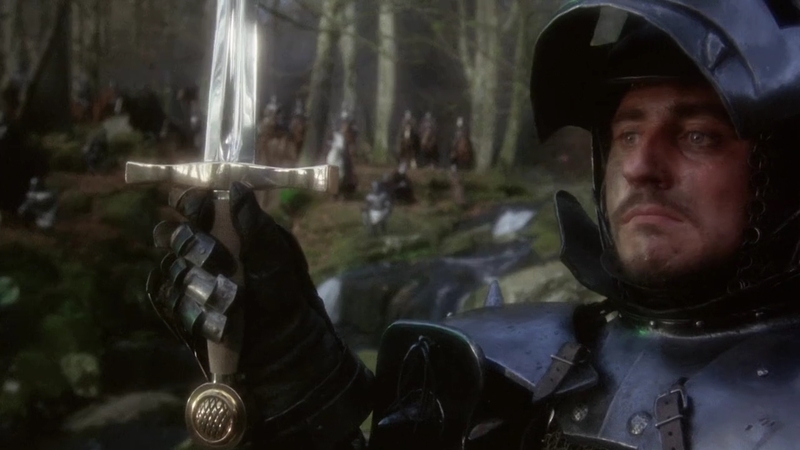
What does power look like when it’s born from hunger rather than wisdom, and what happens when the myth built to sustain it can no longer hold? EXCALIBUR presents a film that isn’t just an adventure but also a warning, and it never fully lets go of that tension. This isn’t a comforting tale of destiny fulfilled. It is a feverish, often abrasive retelling of the Arthurian legend that treats myth as something volatile, unstable, and deeply human.